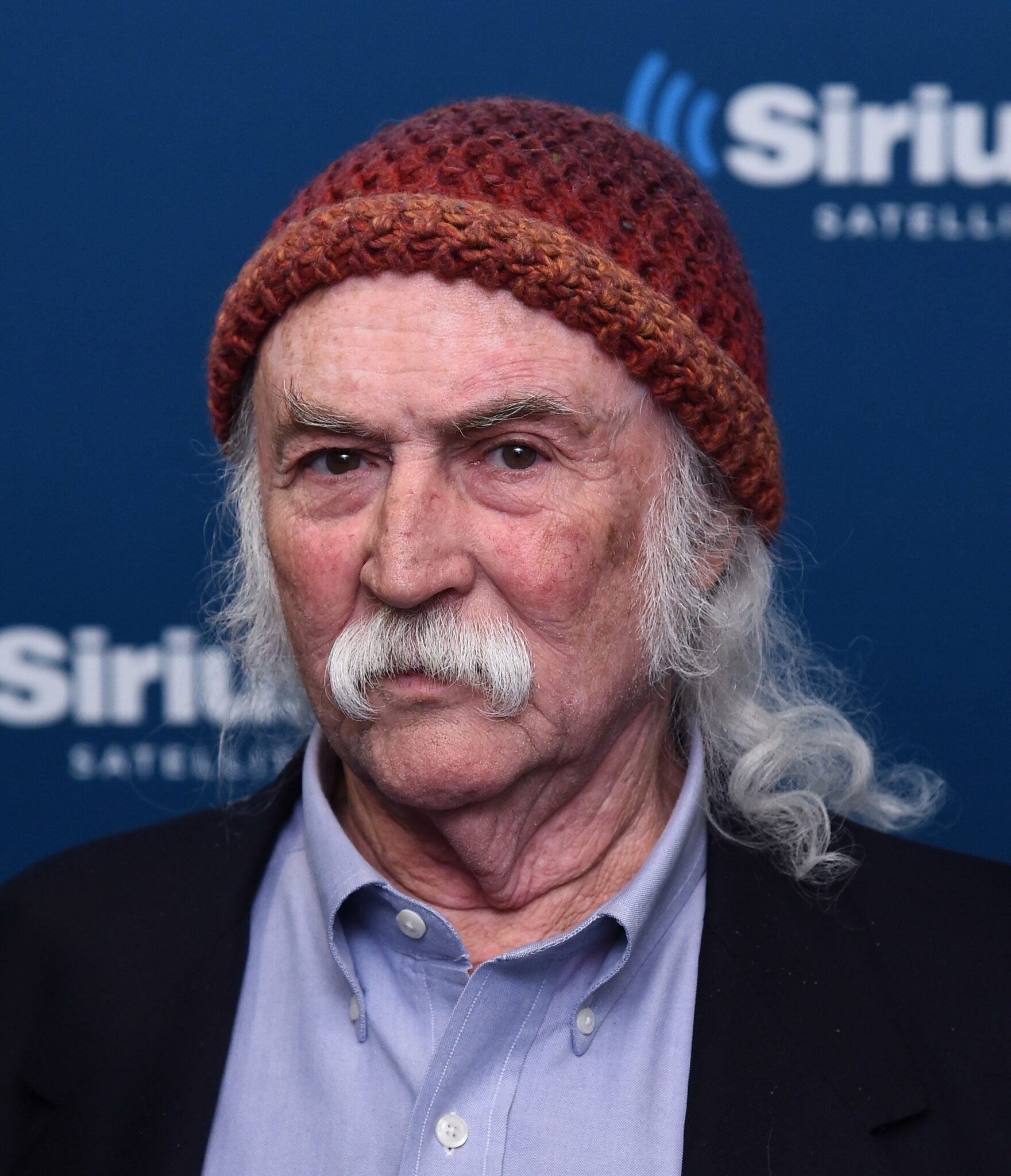When we hear the name "Crosby," a few different images might come to mind, and it's almost a little interesting how one name can touch such different parts of our world. For many, it immediately brings to mind the distinctive voice and songwriting of a music legend, a true artist who shaped the sound of an era. This individual, David Crosby, played a very big part in some of the most influential bands of his time, helping to create sounds that still resonate with people today, which is quite something when you think about it.
Then, there is also a widely recognized name in the world of industrial strength and safety, a company that has, in a way, built a reputation for providing equipment that people rely on for some of the most challenging jobs out there. This other "Crosby" stands for something quite different but equally important: dependable tools for lifting and moving heavy things. It's a name that means quality and safety to those who work with materials and rigging, so it's a bit of a contrast, isn't it?
This exploration will consider both facets of the "Crosby" name – the groundbreaking musician, David Crosby, and the leading name in industrial equipment. We'll look at the life and contributions of the artist and, separately, the significant presence of the industrial group, seeing how both have left their mark. It's a way of appreciating the different impacts a shared name can have, and you know, it's pretty fascinating.
Table of Contents
- David Crosby - A Life in Music
- Personal Details and Bio Data - David Crosby
- What Made David Crosby a Musical Icon?
- The Crosby Group - Industrial Strength and Innovation
- How Does The Crosby Group Maintain Its Leadership in Lifting Solutions?
- Exploring the Crosby Product Portfolio
- Why is User Support Important for Crosby Customers?
- Where Can You Find Crosby Resources?
David Crosby - A Life in Music
David Crosby, a truly influential figure in American music, had a career that spanned many decades, leaving a deep impression on folk rock and rock and roll. Born in Los Angeles, California, his musical journey started early, leading him to become a foundational member of some truly important bands. He was, as a matter of fact, a key part of The Byrds, a group that helped define the sound of the mid-1960s with their unique blend of folk music and rock energy. His distinctive harmonies and thoughtful songwriting were, you know, a big part of what made their sound so special.
After his time with The Byrds, David Crosby went on to co-found Crosby, Stills & Nash, later joined by Neil Young to form Crosby, Stills, Nash & Young. This supergroup, as it was often called, became one of the most celebrated acts of the late 1960s and early 1970s. Their intricate vocal harmonies, combined with deeply personal and politically aware lyrics, spoke to a generation. Crosby's contributions to this group were, basically, essential, bringing a certain kind of depth and complexity to their sound that few others could match. He was known for his unique guitar tunings and his ability to craft songs that felt both intimate and universal, which is pretty rare.
His musical output wasn't limited to these groups, though. David Crosby also released a number of solo albums, starting with "If I Could Only Remember My Name" in 1971, which is often considered a classic. These solo works allowed him to explore different musical avenues and showcase his individual artistry, without the constraints of a band setting. He continued to write, record, and perform throughout his life, even through various personal struggles, demonstrating a remarkable dedication to his craft. His voice, though it changed over the years, always carried that recognizable warmth and character, so you could always tell it was him.
Beyond the notes and lyrics, David Crosby was, in some respects, a storyteller, someone who used his music to talk about life, love, and the world around him. He wasn't afraid to be vulnerable in his songs, and that honesty resonated with many people. His impact on other musicians is also quite significant; many artists cite him as an influence, admiring his approach to harmony and his lyrical depth. He was, you know, a true original, someone who followed his own path in music, which is something to admire.


